Increase Your Vocabulary – 25 Essential Words

Looking to increase your vocabulary?
Have you ever been speaking with someone and they flash a word into a sentence that you’ve never heard before, or perhaps you’ve heard it before, but haven’t a clue what it means and had never bothered to look it up? Awkward and embarrassing, right? You fake it, of course, and hope they don’t realize that your vocabulary is lacking and you make a mental note to increase your vocabulary.
Or you’re reading a book and don’t understand the context because the words are unknown to you? Frustrating, right?
I think this is something most of us have experienced before…at least a few times if we’re honest.
The good news is, we can do something about it. Learning new words and knowing how to properly incorporate them into your day-to-day speech is not a huge, insurmountable hurdle. In fact, a few minutes spent throughout the day is really all it takes to increase your vocabulary.
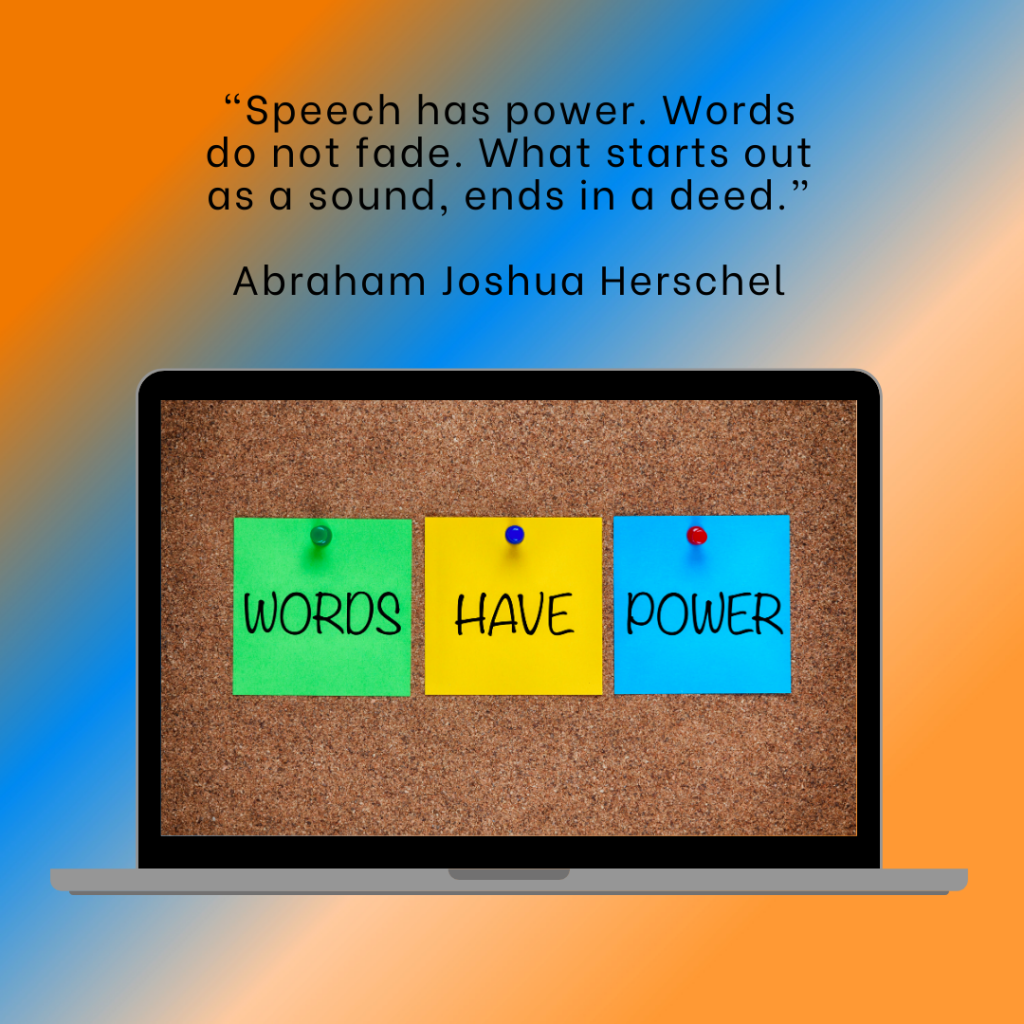
Why is it important to increase your vocabulary?
First and foremost, a robust vocabulary is POWER, therefore increasing your vocabulary is critical if you want to communicate effectively and obtain the respect of colleagues and friends.

The president of Harvard’s Human Engineering Lab, Johnson O’Connor, said that “words are the instruments, by means of which, men and women grasp the thoughts of others and which they do much of their own thinking. They are the tools of thought.”
I love that: words are ‘the Tools of Thought’.
Having a good vocabulary at the very minimum, is important for good communication skills. Having a great vocabulary is essential for great communication skills and the better your communication skills are, the more people will listen up when you speak. They’ll also have greater respect for you, and you’ll reap the benefits of having greater success in school, in your work life, and even in your personal life.
You’ll be able to comprehend and understand what others are saying and have the added satisfaction of being able to convey your own thoughts and ideas in a more effective manner so others will understand you and the ideas and concepts you’re trying to convey.
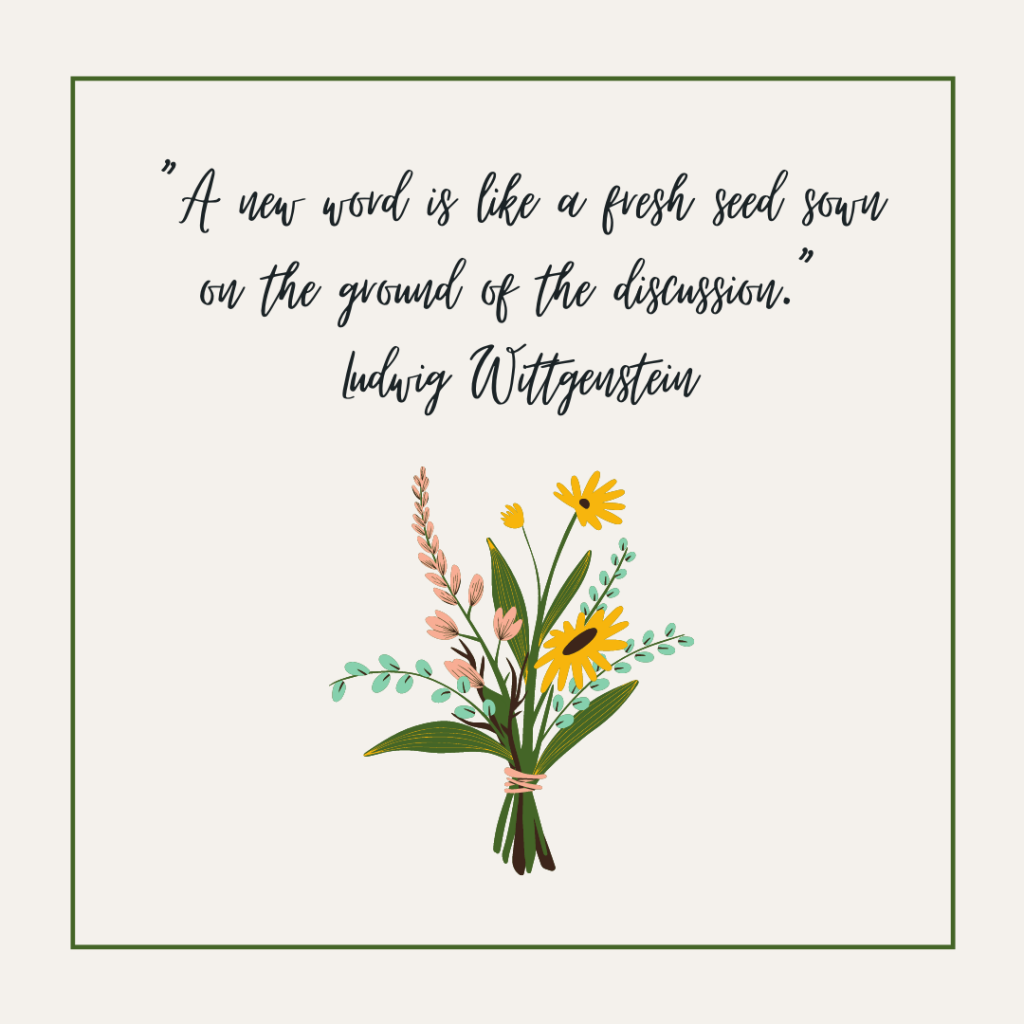
Additionally, a stellar vocabulary serves to increase your reading, writing, and communication skills and is an overall way to enhance the value of your life and career.
Still unsure why you should increase your vocabulary?
Successful people all share the trait of acquiring a large vocabulary, which illustrates the importance of working to increase your vocabulary.
In Dr Andrew Newberg’s powerful book, Words Can Change Your Brain, he says, “If we do not continually exercise the brain’s language centers, we cripple our neurological ability to deal with the problems we encounter with each other.”
By now, I hope you recognize why increasing your vocabulary is so important and that you’re excited about doing so. And believe me, it is not that difficult to do.
Let’s Get Started!
Increase your vocabulary today!

For each of the 25 words below, I’ve included definitions and three examples of how to use each word in a sentence.
With a little practice, you’ll be able to easily incorporate these words into your working vocabulary.
Increase Your Vocabulary with these 25 Essential Words!
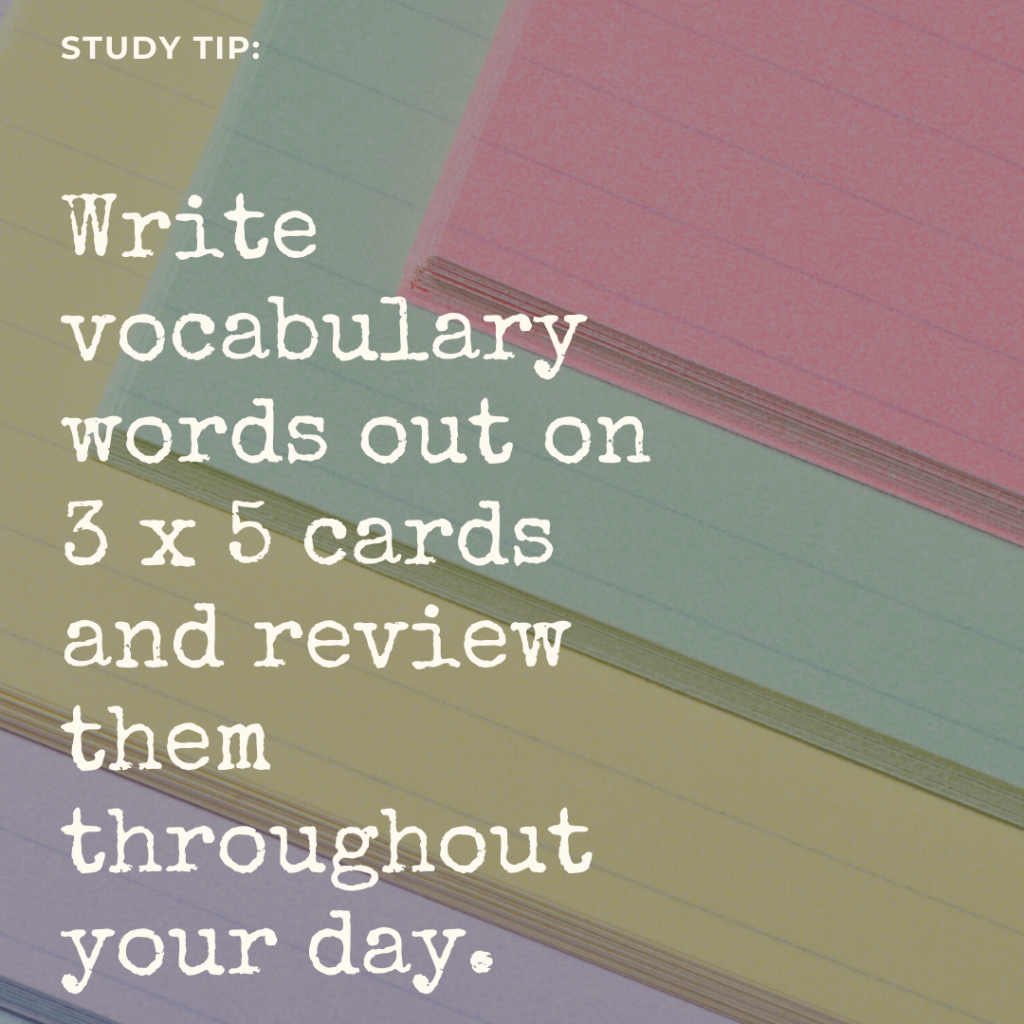
- Aesthetic – having to do with the appreciation of beauty and good taste.
Examples of aesthetic in use:
- Their home had a very beachy aesthetic that made it relaxing to be in.
- The whole aesthetic of the studio screamed quality.
- Galleries often have a museum-like aesthetic.
2. Anomaly – Something that is different from what is expected or normal. An anomaly deviates from the status quo, the norm, what one expects.
Examples of anomaly in use:
- Brittany showed up on time for work today, which is quite an anomaly for her.
- The test detected an anomaly, which deviates from what the scientists expected to find.
- Weather anomalies are becoming more common these days.
3. Antithesis – Someone or something that is different from, in opposition to, or the direct opposite of someone or something else. It’s a contrast between two things.
Examples of antithesis in use:
- Salt is the antithesis of sugar.
- His ethics were the very antithesis of his son’s.
- Atheism is the antithesis of Christianity.
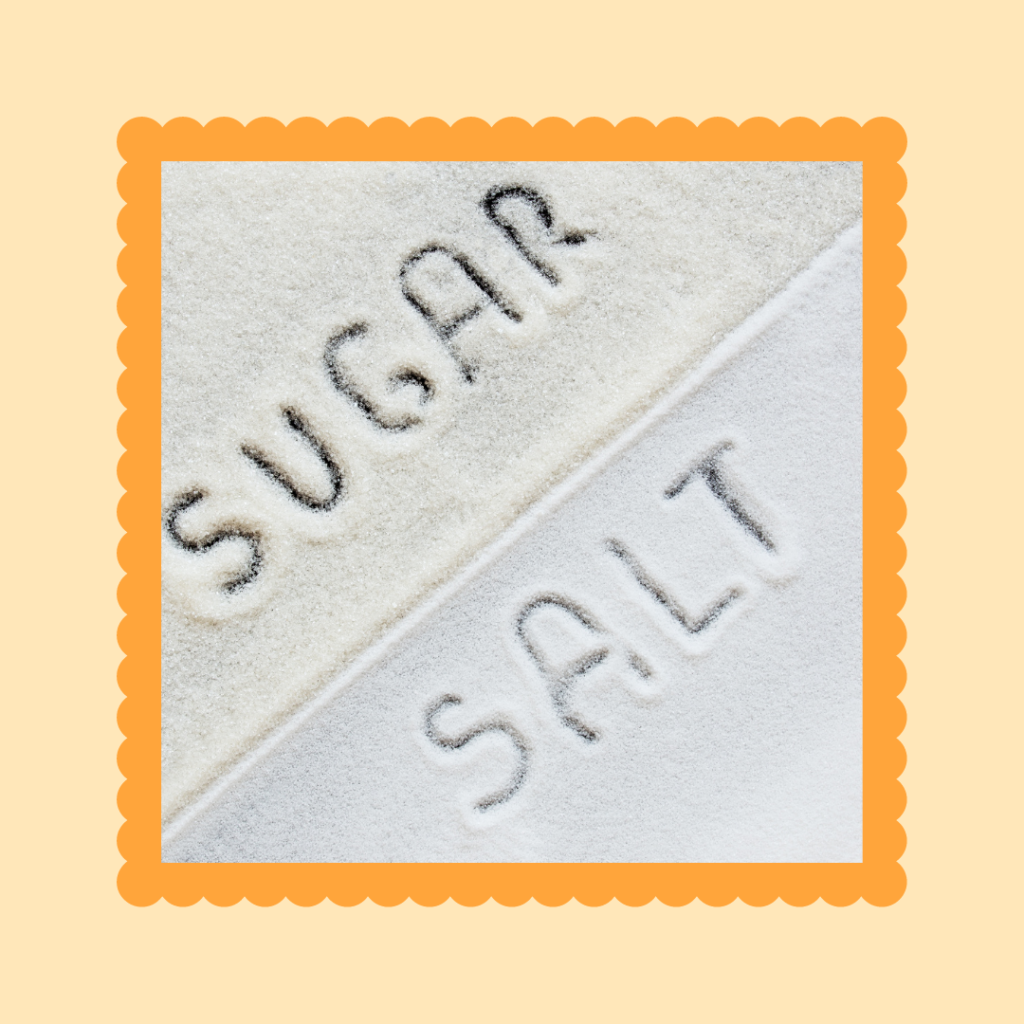
4. Bona fide – Entirely genuine, sincere, authentic, and true. Void of any deception or fraud.
Examples of bona-fide in use:
- Some consider Donald Trump to be a bona-fide idiot.
- The gemstone was found to be a bona-fide ruby.
- Ted Bundy was a bona-fide sociopath.
Having trouble pronouncing some of these words?
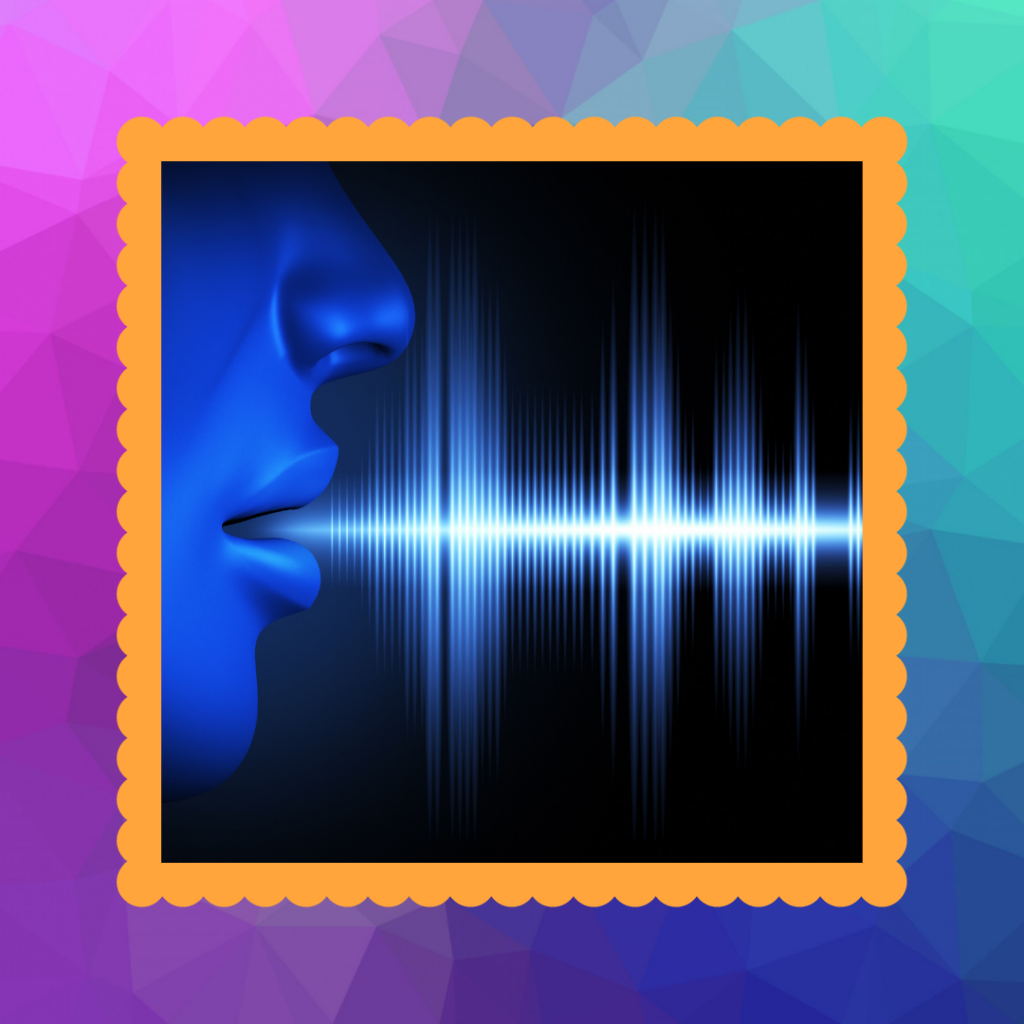
No worries! There are tons of great pronunciation sites out there. Here are a few of my favorites:
- Cambridge Dictionary – Make Your Words Meaningful
- Forvo – All the Words in the World. Pronounced
- How to Pronounce – Pronunciation Dictionary
5. Carte blanche – Having complete freedom, authority, and discretion to do or act as one wants to.
Examples of carte blanche is use:
- Julia was promoted to an executive level, which essentially gave her carte blanche to do as she saw fit for the company.
- When the cat’s away, the mouse has carte blanche to do as he pleases.
- Many young people feel a sense that they have carte blanche to buy whatever they wish, once they get their first credit card.
6. Catalyst – A person, thing, or event that causes, results, speeds up, or provokes a significant change or event to happen.
Examples of Catalyst in use:
- Eating too much candy was the catalyst to Bobby having three new cavities.
- The Coronavirus was the catalyst for people recognizing and appreciating the essential workforce.
- Increasing one’s vocabulary is frequently the catalyst for better grades in school.
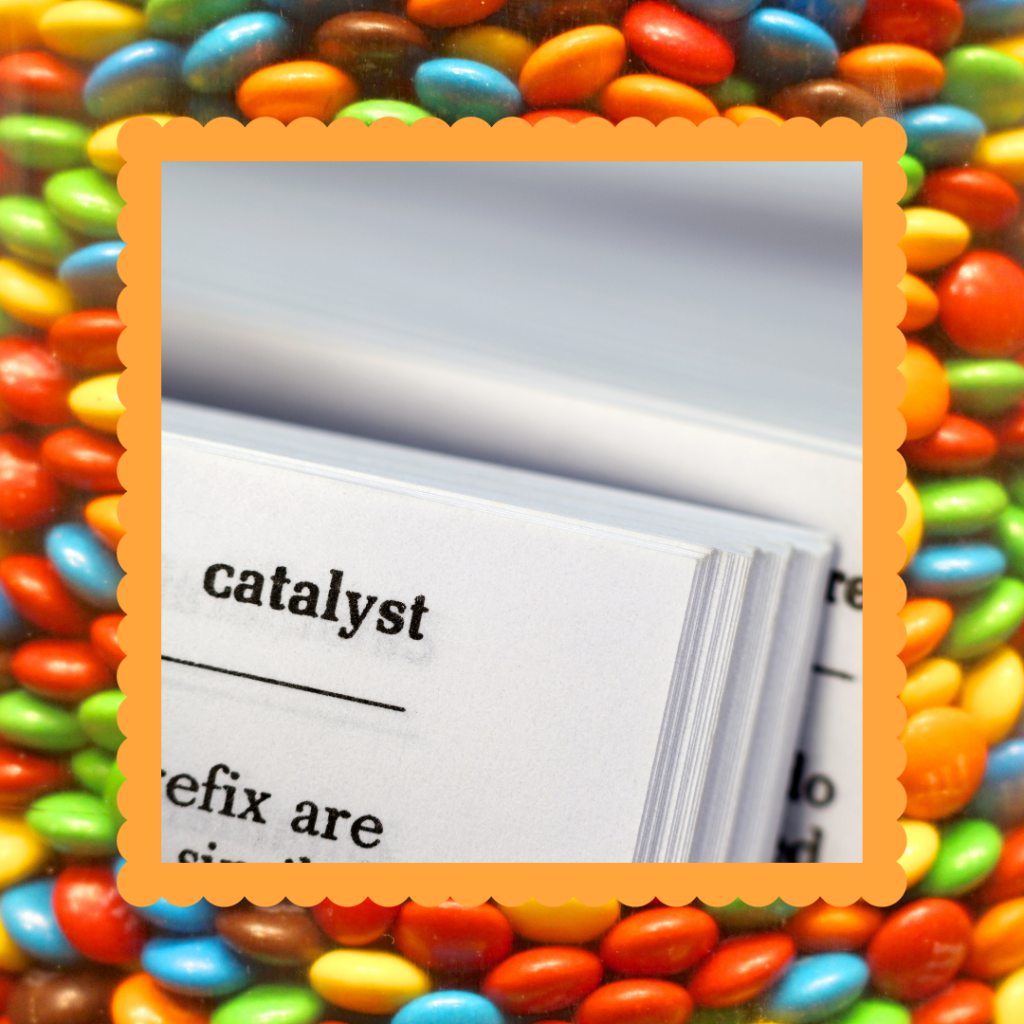
7. Corroborate – to add information, proof, or evidence in support of an account, idea, statement, finding, or opinion. Essentially to back up someone’s story.
Examples of corroborate in use:
- The witness was able to corroborate the defendant’s statement.
- Sisters often cover for each other and corroborate their stories to their parents.
- He corroborated what I said.
“Goal setting is the secret to a compelling future.” — Tony Robbins
8. Definitive – Something that is considered to be final, complete, firm, and conclusive. It is usually something that is deemed authoritative and not to be questioned.
Examples of Definitive in use:
- The staff manual was considered to be the definitive guide on appropriate employee-conduct in the workplace.
- My sister considers Netflix to be her definitive movie source.
- Jason was considered the definitive expert to go to if anyone needed help with using Excel.
9. Disseminate – to spread or broadcast something, such as information, knowledge, news, opinions to a wider audience.
Examples of disseminate in use:
- My manager disseminated the new employee handbook to all employees today.
- Social media is a successful media to quickly disseminate information.
- The five o’clock news often disseminates more fear than good.
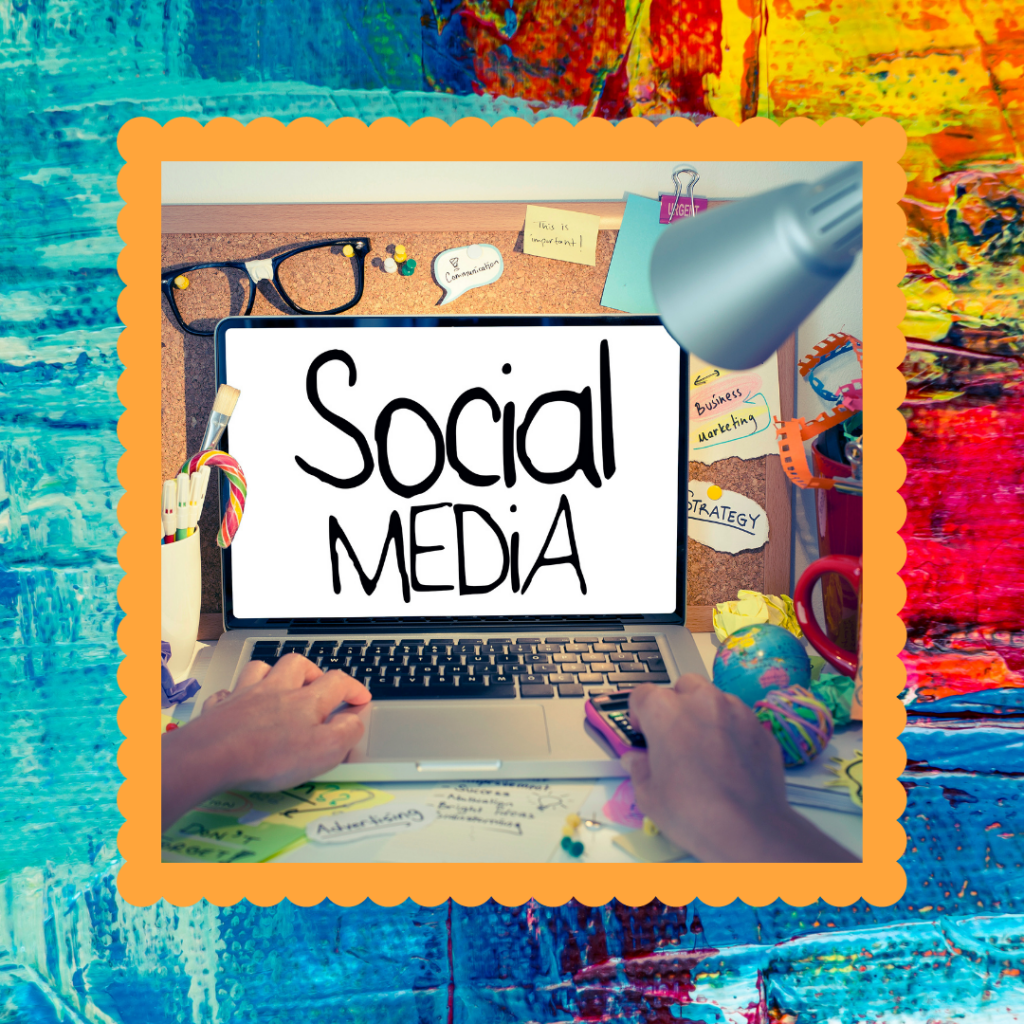
10. Encapsulate – To express or show the most important or essential elements or details of something succinctly. In other words, to summarize or condense something into a shorter form.
Examples of Encapsulate in use:
- It is very difficult to encapsulate the events of the Holocaust in a single documentary.
- My boss asked me to take a 300 page analysis of last year’s sales and encapsulate it into a 12-page presentation of the key points.
- I tried to encapsulate the five-pages of notes I took during the staff meeting into one page for the minutes, but was not able to effectively.
“Goals are not only absolutely necessary to motivate us. They are essential to really keep us alive.” — Robert H. Schuller
11. Eradicate – Getting rid of something, destroying something completely and utterly, putting an end to something, removing something permanently.
Examples of Eradicate in use:
- The new vaccine eradicated the virus in its entirety.
- The increase in police patrolling was a catalyst in eradicating home-burglaries in the neighborhood.
- A stringent exercise routine served to eradicate extra fat stored in the body.
Check out 45 Inspiring Goal Setting Quotes.
12. Esoteric – Something that is intended for a select group of people. Often it is unknown to the majority of people; only a small number of people who have a specialized knowledge or interest will hold knowledge and understanding of the topic. These people are part of an enlightened inner circle, often including secret and confidential information.
Examples of Esoteric in use:
- I met the most interesting man who was full of esoteric knowledge.
- My grandfather had an esoteric collection of military memorabilia.
- Those accepted into the advanced literature class soon found themselves part of an esoteric group of readers.
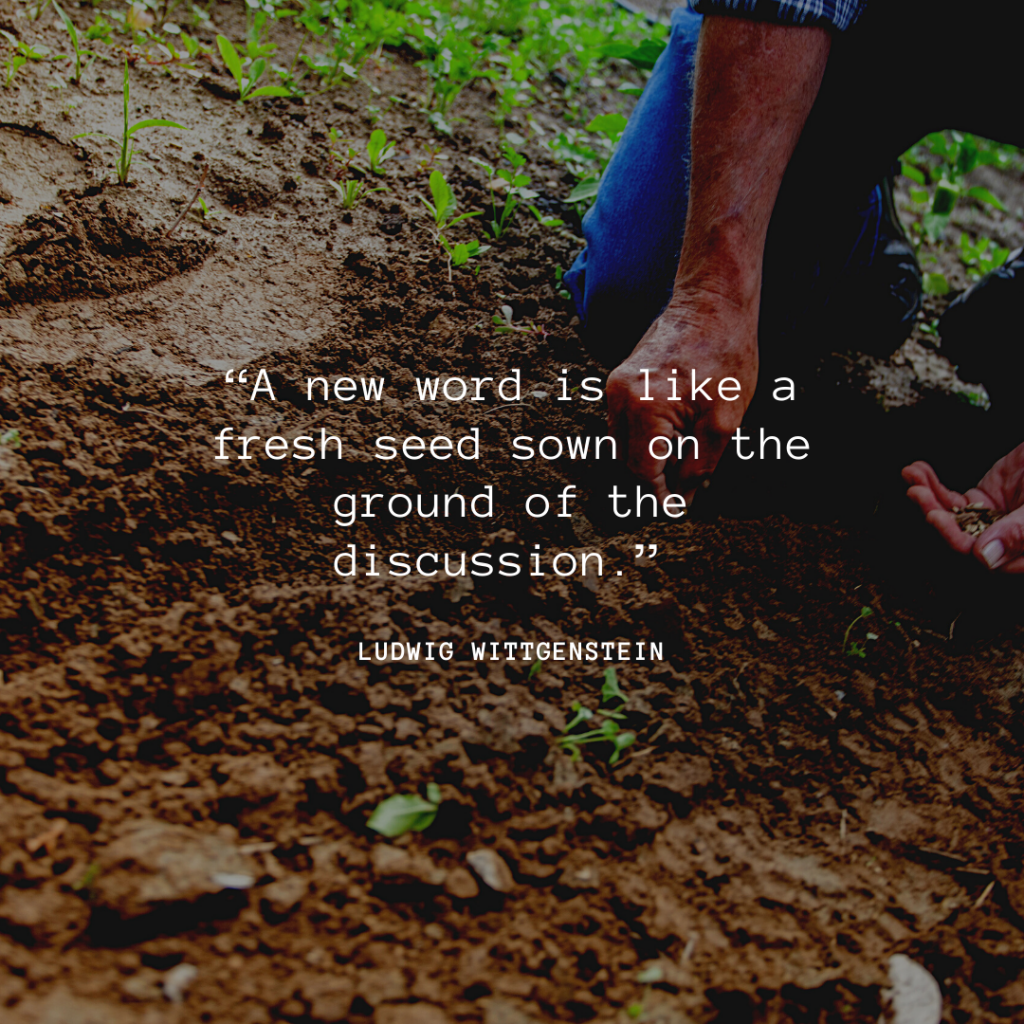
13. Euphemism – An alternative way to state something or refer to something that is milder in tone, less offensive, indirect, or vague. It is typically less offensive, rude, blunt, or harsh than the alternative.
Examples of euphemism in use:
- When I use little, my parents used a euphemism to tell me my cat died as a way to spare me from being hurt and sad.
- Euphemisms are often difficult to grasp for someone learning a new language.
- Being “laid-off” is really just a euphemism for “you’re fired”.
“Goals are the fuel in the furnace of achievement.” — Brian Tracy
14. Idiosyncratic – Having strange, unusual, bizarre characteristics, habits, ways of behaving, mannerisms, or features.
Examples of idiosyncratic in use:
- Cher was known for her idiosyncratic style of dressing.
- The Hundertwasserhaus in Vienna is a popular building because of its idiosyncratic facade.
- President Trump was often criticized for his seemingly idiosyncratic leadership style.
“The only limit to the height of your achievements is the reach of your dreams and your willingness to work for them.” — Michele Obama
15. Machiavellian – A Machiavellian character means someone is calculating, cunning, scheming, tricky, unscrupulous, deceptive, and can be downright devious.
Examples of Machiavellian is use:
- The new president was soon shown to have a Machiavellian manner about his conduct.
- 2) Roger and Anne could never trust Steven because he was often Machiavellian in his ways.
- 3) Politicians are often viewed as being Machiavellian in nature.
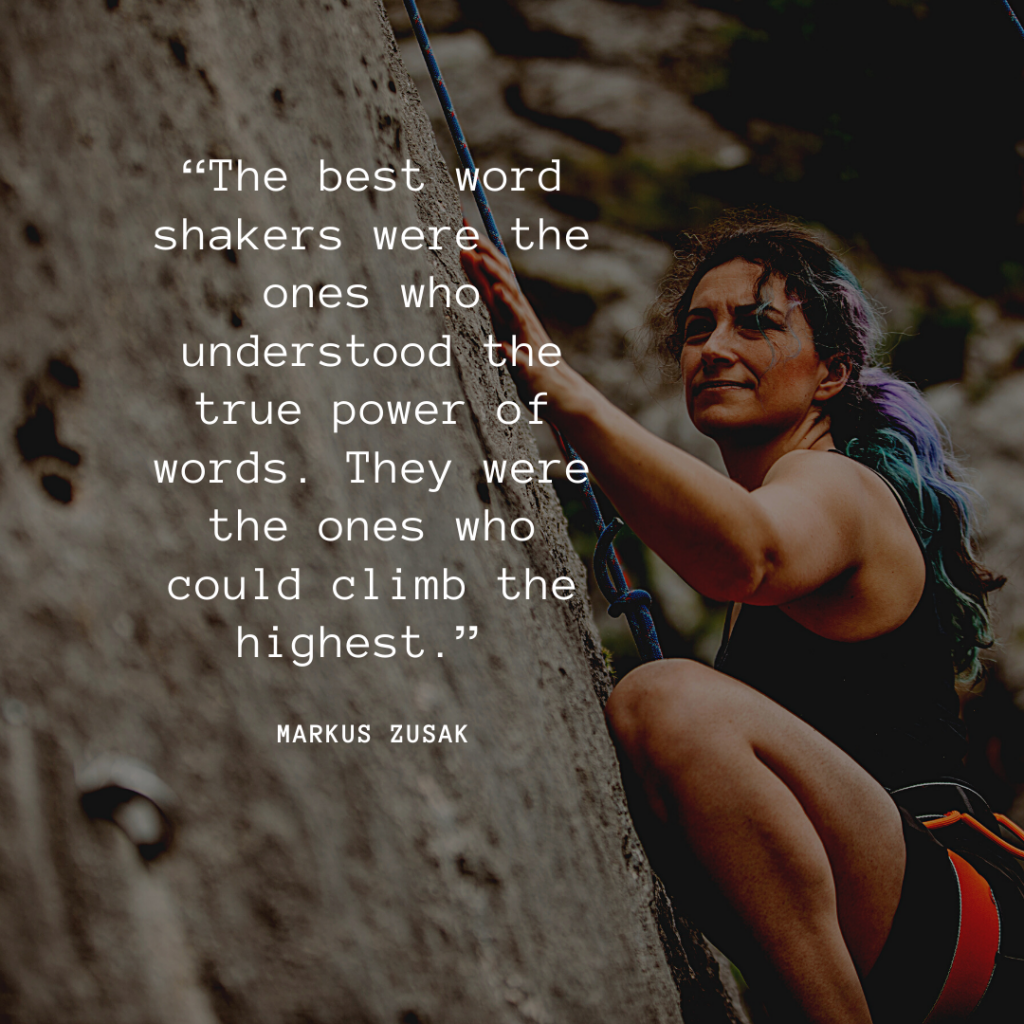
16. Misnomer – An incorrect, inaccurate, misapplied, inappropriate, or wrong name or designation of something or someone.
Examples of misnomer in use:
- Describing Adolf Hitler a good person because he loved dogs, is a massive misnomer.
- Some people consider calling Donald Trump a “leader” is a misnomer.
- My dad used to say that calling the band “Chicago” talented was a misnomer, since he really disliked them.
17. Myriad – A very large, countless, or great number of something.
Examples of myriad in use:
- There were a myriad of beautiful shells when I walked on the beach this morning.
- Myriads of small businesses were forced out of business during the COVID pandemic.
- There are a myriad of options to choose from at the candy counter.
“Before anything else, preparation is the key to success.” — Alexander Graham Bell
18. Paradigm – An accepted set of assumptions, beliefs, perspectives, concepts, values, practices, and/or sets of ideas. A way of looking at or viewing something.
Examples of Paradigm in use:
- The increase in police violence caused a paradigm switch in the community’s belief that police were without error in their practices.
- The COVID quarantines caused massive paradigm changes in many companies’ policies about employees working remotely.
- Self-care is becoming an accepted paradigm and no longer considered a vain use of one’s time.

19. Paradox – A statement or situation that appears to contradict itself and is often difficult to comprehend because of the seemingly opposing characteristics.
Examples of paradox in use:
- It’s a paradox that the French consume a diet rich in cholesterol and saturated fat, yet maintain a low incidence of heart disease.
- The fact that Vincent van Gogh only sold one painting while he was alive is a paradox to the respect and popularity of his talent today.
- It’s a cruel paradox that the sun feels so good to be out in, but is so dangerous for you.
20. Quintessential – If something or someone is quintessential about something, it means they are a perfect example of that quality, characteristic, or class. They embody the essence of something.
Examples of quintessential in use:
- Smith is a quintessential American last name.
- Brittany and Valerie were quintessential mean girls.
- Coffee is the quintessential drink of coffee students.
“If you’re bored with life – you don’t get up every morning with a burning desire to do things – you don’t have enough goals.” — Lou Holtz
21. Resurgence – A coming back of, revival, renewed interest or increase in activity of something after a period of little activity or interest.
Examples of resurgence in use:
- There was a resurgence of interest in board games, such as Monopoly, during the COVID pandemic, as more families were staying home.
- The sunglasses company, Ray Ban, experienced a resurgence in sales after the movie Risky Business with Tom Cruise came out.
- After taking a nap, Brian had a resurgence of energy and was able to finish cleaning out the garage.

The next word you’ll learn is one of my favorite words in the English language. Comment below what some of your favorite words are.
22. Serendipity – When something really great happens accidentally, that’s serendipity! Good fortune or luck, whatever you want to call it, this is one thing we all want more of.
Examples of Serendipity in use:
- She seemed to be constantly blessed with serendipity. Good things just always seemed to happen for her.
- It was serendipity that he chose that route on the way to work, since the normal route he drove had construction.
- Their meeting was serendipitous.
“Success is the progressive realization of a worthy goal or intent.” — Earl Nightingale
23. Substantiate – to prove something is valid and true, often by providing evidence to support the claim with facts.
Examples of substantiate in use:
- George was unable to substantiate his claim.
- The allegations were never substantiated.
- The evidence presented substantiated the claim.
24. Unrequited – Typically, unrequited is used in relation to love that is not returned or reciprocated by another person.
Examples of unrequited in use:
- Unrequited love can be a very painful experience for anyone.
- Duckie (Jon Cryer) in the 80’s classic, Pretty in Pink, suffered unrequited love when Andie (Molly Ringwald) did not reciprocate his feelings.
- Tasha was saddened because she was crushing on her next door neighbor who did not reciprocate her feelings.
“A goal without a timeline is just a dream.” — Robert Herjavec
25. Watershed – An event or period of time that is an important or critical turning point in a situation, person’s life, or historic moment.
Examples of watershed in use:
- Having graduated from university was a watershed moment in Zoe’s life.
- July 1969 was a watershed moment in history when Neil Armstrong landed on the moon.
- The terrorist attacks on 9-11 were a watershed moment in U.S. history one will never forget.
Now that you’ve reviewed the 25 new vocabulary words, let’s take the next step in committing them to memory. Get out your pen and paper, and 3 x 5 cards, if you have any laying around. This is a great technique to increase your vocabulary.
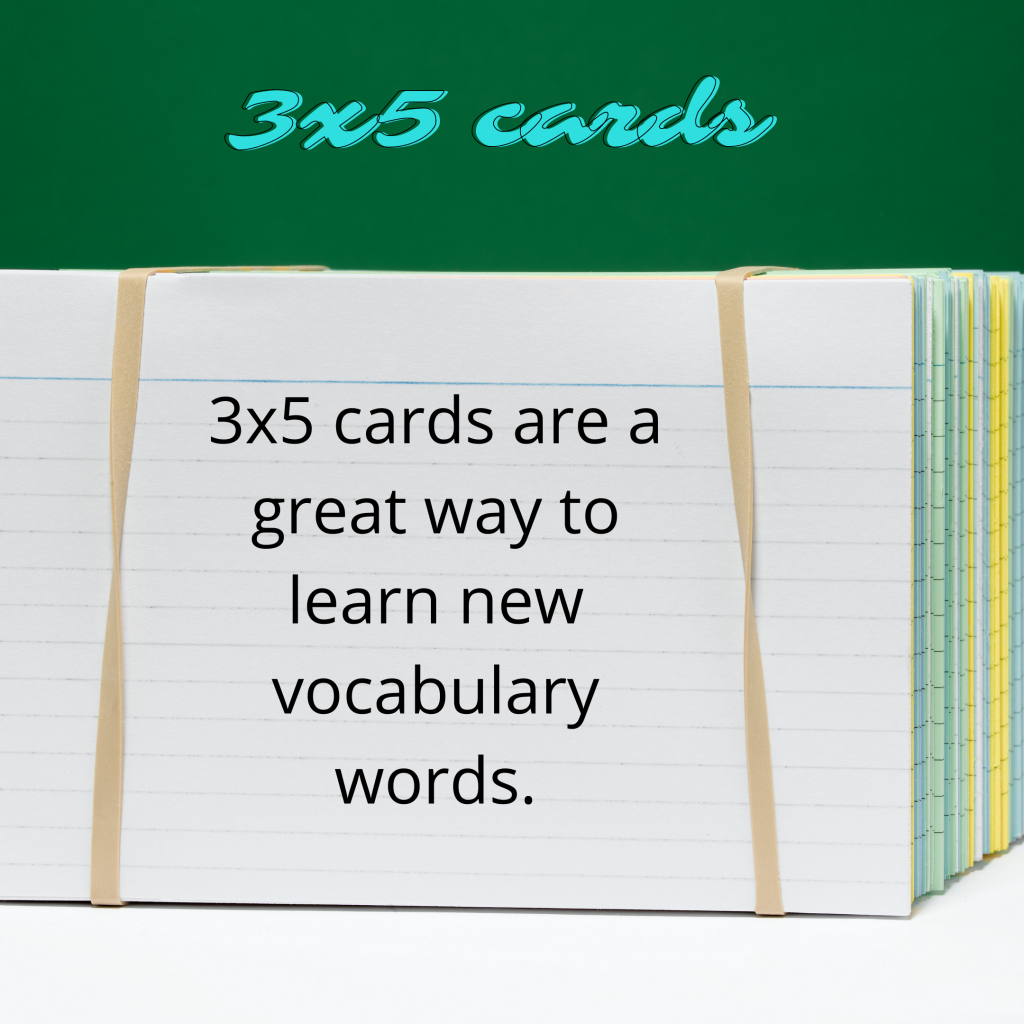
The 2 Best Techniques to Increase Your Vocabulary
- WLCR – Write – Look – Cover – Repeat: This is a classical technique you most likely used in elementary school to increase your vocabulary.
It is an established fact that the physical act of writing words down assists the brain in storing them in your long-term memory, making them available and easy to recall when needed. For me, this is when flashcards came in. You can use 3 x 5 cards or even cut up some paper you have to make your own.
Repetition is the key here. You want to take your cards and Look – Cover – Repeat a few times throughout the day. This can easily be done waiting at a stop light, waiting in line at the grocery store, while commercials are playing on t.v., basically during times in the day that you’re waiting around for something. There are many opportunities throughout the day to work to increase your vocabulary.
Repetition is the key
- Sticky notes are another excellent way increase your vocabulary.
Jot down the words and definitions you want to learn and post them on the bathroom mirror, the refrigerator, even in your car.

Brian Tracy, a motivational public speaker and self-development author of over 80 books, has even more great tips on learning new vocabulary in his article, How To Improve Your Vocabulary For Writing & Speaking Success.
Want to learn even more vocabulary words? See, I knew you were a SmartPants with a capital S. Go join Vocabulary.com…it’s free!
I hope you’ve found this list of 25 Essential Words to learn a valuable resource. Be sure to comment below on what some of your favorite words of all time are…in any language!
“Setting goals is the first step in turning the invisible into the visible.” — Tony Robbins
Related Posts
Motivational and Inspiring Quotes for Personal Development
“Change Your Thoughts and You Change Your World” — Norman Vincent Peale Norman…
January 8, 2021Check Out These Amazing Inspirational Goal Setting Quotes
You are the master of your own destiny. Dream it, plan it out, work hard…
December 20, 20201 COMMENT
Leave A Comment
Error: API requests are being delayed. New posts will not be retrieved for at least 5 minutes.
There may be an issue with the Instagram access token that you are using. Your server might also be unable to connect to Instagram at this time.
Click here to troubleshoot.
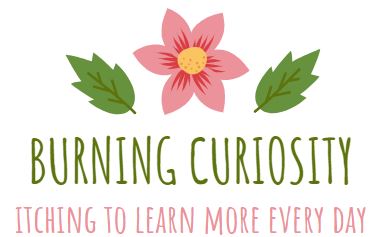




Jennifer | 28th Jul 21
This was so helpful. I’m going to start using these words.